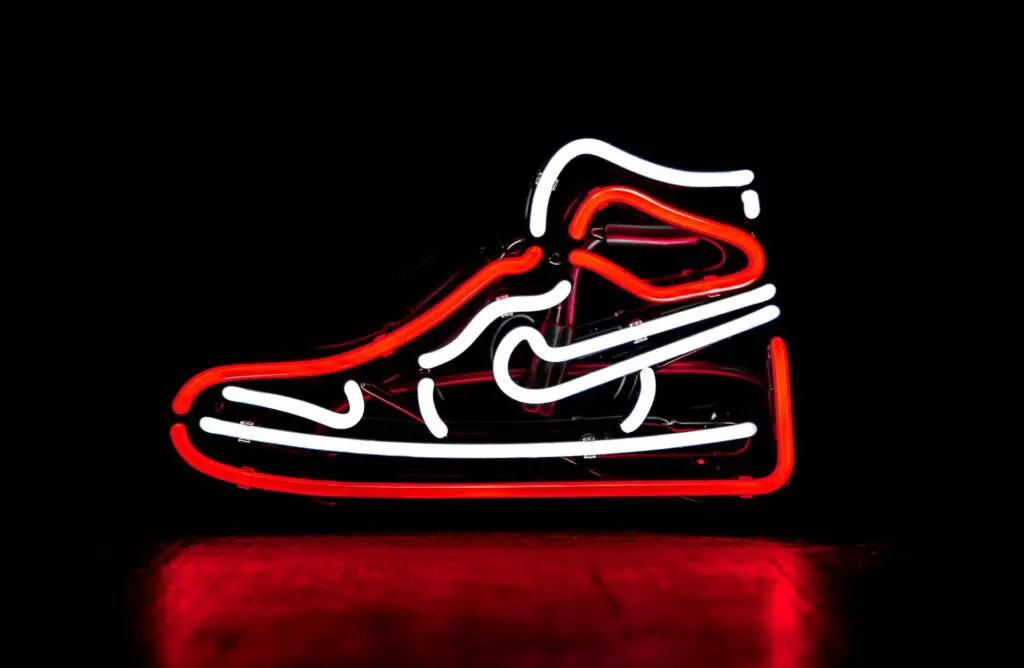D’Wayne Edwards, a former senior footwear designer for Nike and the founder of PENSOLE Footwear Design Academy in Portland, announced his plans Tuesday to reopen the Lewis College of Business in Detroit — Michigan’s first and only historically black college and university (HBCU) that had to close in 2013.
Edwards, who has been the majority stockholder for the HBCU, has a vision to transform the school into the PENSOLE Lewis College of Business and Design — a creative hub for local Black students that will connect them with renowned brands in the sneaker industry.
Edwards knew the kind of impact a tailor-fit program could have for those pursuing a career in design. He said that the school would be tuition-free as participating brands will pay for tuition and accommodation. In return, the students would offer their services to the companies after graduation. Edwards mentioned Asics, Nike, Adidas, and New Balance are among his program sponsors back in Oregon.
Furthermore, enrollees should expect that the school would operate similar to certification programs. The college will not grant degrees, rather it will determine design courses according to the businesses’ demands.
PENSOLE Partners
The reopening of the HBCU exists under the joint venture of Edwards and the College for Creative Studies (CCS), a private art school in Detroit. CCS would help with overhead costs and other requirements, while the partnership would help CCS become more accessible to students, CCS President Don Tuski shared.
“One of the most important things about art and designers is the need to hold people accountable, hold corporations accountable and make sure that diversity and equity are part of our process. We’re excited to start doing more of that,” Tuski said.
Crain’s Detroit Business reported that enrollment can be expected to start in December. However, for Edwards, it’s quality over quantity.
“I want to make sure we have the right students. So if that number is 100 or if the number is 1,000, we want to make sure we have it right. The volume is not really important. What our industry doesn’t need is more designers, our industry needs better ones,” he said.

